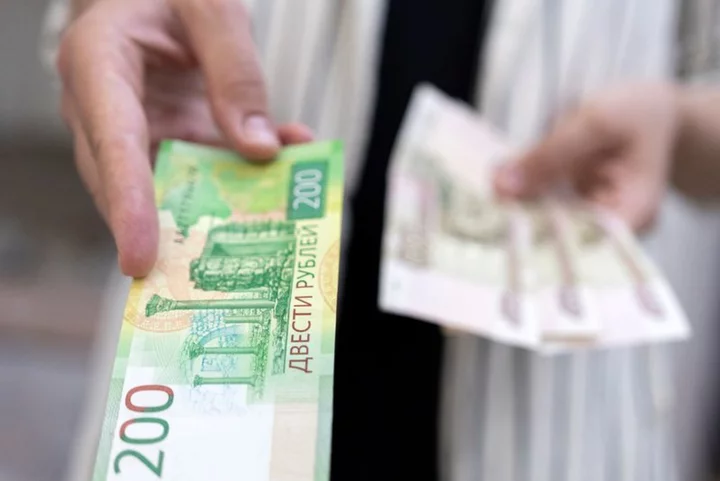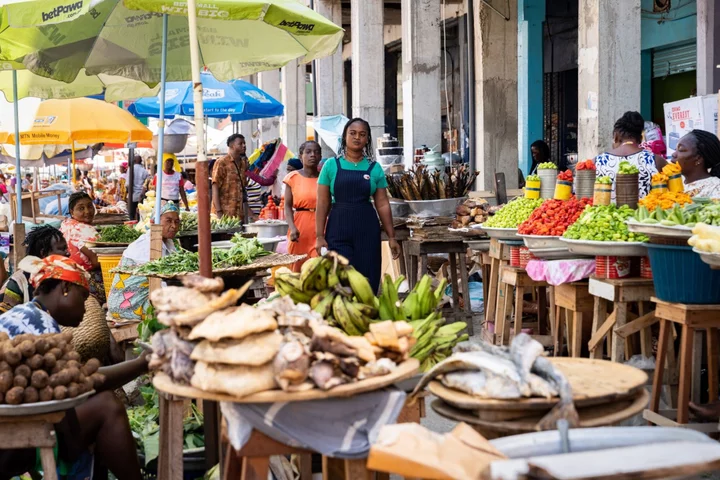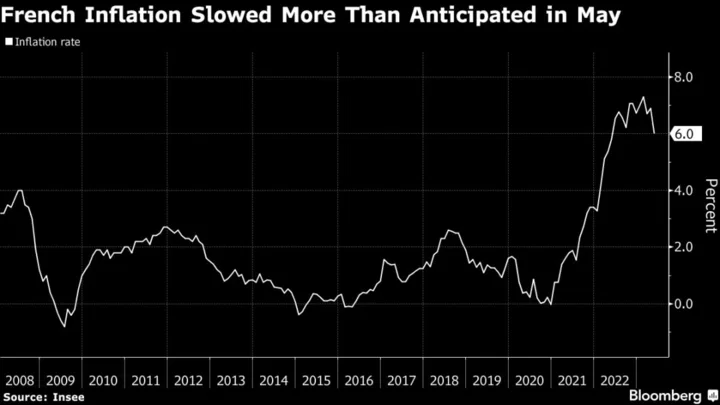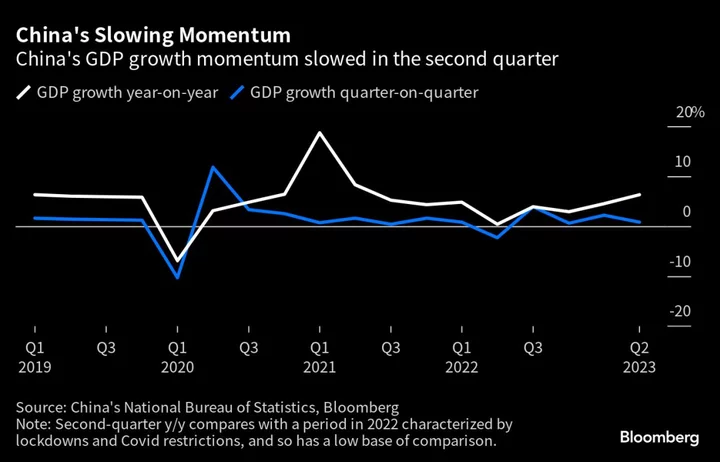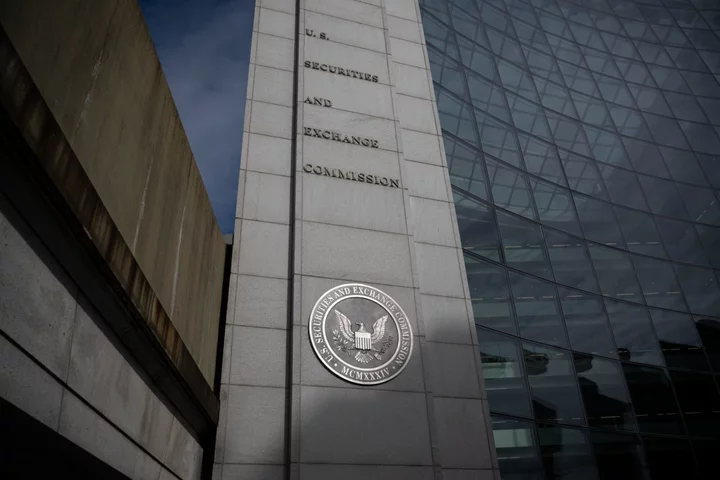By Elena Fabrichnaya, Gleb Stolyarov and Anastasia Lyrchikova
MOSCOW (Reuters) -Russian authorities are discussing bringing back the compulsory sale of foreign currency revenues for exporters, five sources familiar with the matter told Reuters, with one high-level source saying that the change could be made "at any moment".
The need to reintroduce stringent capital controls comes as Russian authorities grapple with a sharply weakening rouble, which tumbled past 100 to the dollar on Monday. An emergency 350-basis-point rate hike by the central bank on Tuesday, to 12%, seems to have only slowed the currency's slide.
Five sources, who asked not to be identified because of the non-public nature of the talks, said authorities were discussing the forced conversion of FX revenues by exporters.
Russia's central bank and finance ministry did not respond to requests for comment on the matter.
A similar measure was adopted shortly after Russia sent tens of thousands of troops into Ukraine in February 2022, requiring exporters to convert 80% of FX revenues and helping send the rouble to its strongest in over seven years last June.
Now, citing sanctions risks, exporters are keeping details of their revenues secret, two of the sources said, limiting the oversight of Russian authorities, who are seeking greater transparency.
One source at an exporting firm said the discussions concerned the forced conversion of up to 90% of exporters' revenues. Another source among exporters said a range of 80%-90% was being discussed, with conversion required within 70-90 days after the export of goods.
Other measures under discussion are bans on dividend payments abroad and prohibitions on import subsidies, the second exporter source said. Exporters who fail to return revenues to Russia could lose government support measures, too.
The source said businesses would pay for the government's mistakes.
"You can milk a cow to death, but once the cow dies, who will be milked? The population?" the source said.
If the rouble rate does not stabilise before Friday, the government would meet again with exporters, the source said, although which of the measures would be introduced was unclear.
RUPEE CONUNDRUM
The high-level source hinted that the move was imminent, in spite of the fact that part of Russia's export revenues are now in roubles and Indian rupees, a consequence of Moscow seeking to move away from the currencies of what it considers "unfriendly" Western countries.
Russia has been supplying India with cheap oil. Russia's RBC daily on Wednesday quoted the head of an Indian industry confederation as saying that a significant amount of trade between India and Russia is being conducted in rupees, with mechanisms for settlement in roubles being explored.
One Russian banking source told Reuters that about $39 billion is stuck in Indian banks, which oil companies are unable to return to Russia.
The high-level source said a minimal level of revenues was held in rupees, with even less in roubles.
"The share of foreign currency earnings is substantial," the source said.
One source close to the authorities said the main problem with returning FX revenues to Russia was that exporters ship oil at a low price and sell it to the buyer at a higher price.
"The difference is supposedly written off for logistics, but no one knows how much," the source said. "The second problem is the transition to export in roubles and other non-hard currencies.
"This has reduced exporters' need to sell dollars on the domestic FX market."
Central Bank Governor Elvira Nabiullina has said that less than 1% of companies' export proceeds are left abroad.
The central bank said sales of FX earnings by exporters in July totalled $6.9 billion, compared with $16.7 billion in July last year.
(Reporting by Elena Fabrichnaya and Anastasia Lyrchikova in Moscow, Gleb Stolyarov in Tbilisi; Writing by Alexander Marrow;Editing by Gareth Jones, Nick Macfie and Alison Williams)

